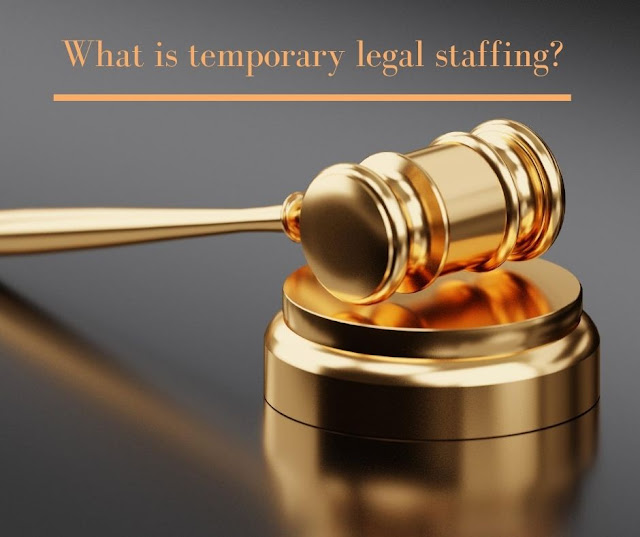What are Behavioral Interviews and How Do You Prepare for One?
Behavioral interviews are used by some companies to evaluate job candidates or temp hires based on their behavioral history in the workplace. It focuses on asking more specific questions related to behaviors, like “Can you describe a time a customer was extremely rude to you?” instead of something general like “can you handle rude customers?” Savvy job seekers will do their research on a company they are looking to get hired with to determine if the interview process will include behavioral interviews. Even if it doesn’t, this article will describe some helpful tips on preparing for one so you will not be caught off guard.
Prepare ahead of time by reviewing data that catalogues your past
behaviors in the workplace, such as performance reviews and peer reviews.
Review past accomplishments too so if the question is closely enough related to
an accomplishment of yours in the past, you can quickly pivot to talking about
a strength. Some past accomplishments are related to past major projects for
some people, so reviewing those will be helpful as well.
Next, during the interview it is important to be honest with your answers. If the interviewer is even half-decent they will tailor the behavioral questions to reveal if an interviewee is not being honest. Some people have embarrassing “tell” signals of when they are not being honest anyway, which rarely help during interviews. Further, honesty is a highly sought-after trait across all industries, so when they say honesty is the best policy, it really is.
Lastly, keep answers clear but also concise (3 minutes or less). This is best achieved by practicing what is known as the STAR method, which stands for situation, task, action, and result. Tell the interviewer the situation that your answer is predicated upon; the context (time, place, etc). Explain the task as what your role was in the situation you’re talking about and the goal you were trying to achieve. List the actions you took in the course of achieving the goal and potentially the actions delegated to your team (if applicable).
Lastly, explain the result of your actions, ideally a positive/successful result. Was the goal achieved?
What other goals became possible as a result of achieving this goal?



Comments
Post a Comment